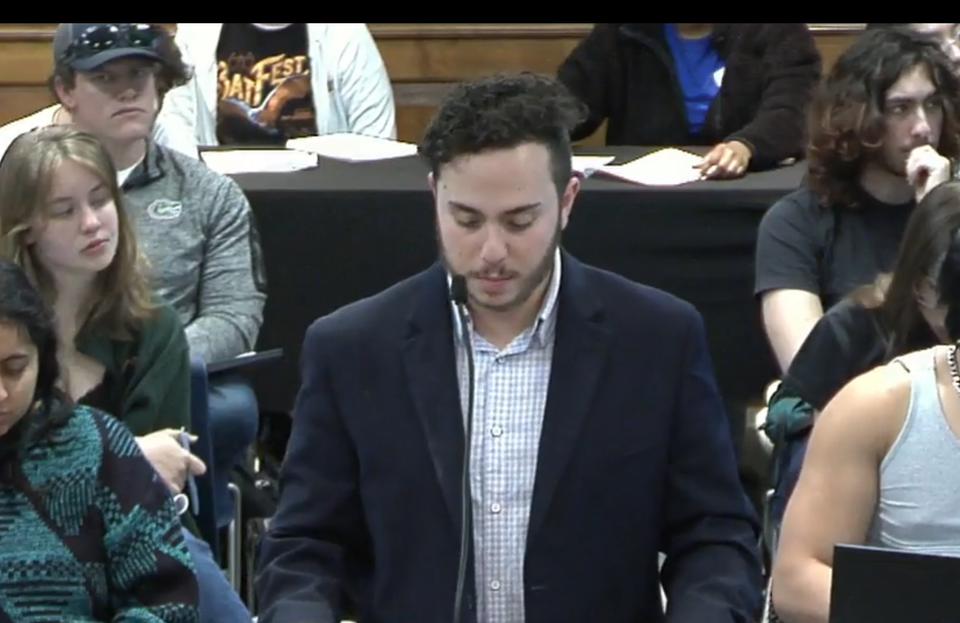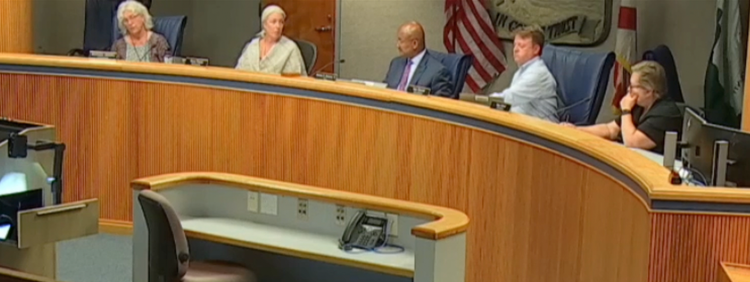Gainesville Plan Board Proposes Changes for SROs: Is Affordable Housing Coming to Gainesville?

On Thursday, February 22, the Gainesville City Plan Board proposed to ease conditions in requirements for developers of single-room occupancy (SRO) residences, determining they will not need to have laundry machines built in and will keep their buildings at least one-quarter mile from a public transport station.
SROs include dormitories, rooming houses, and hostels. They are considered affordable housing for low-income families. This type of accommodation is highly needed, as one of the amendment’s rationales states: "Over 2.1 million Floridians pay more than 30% of their income on housing, and 1.2 million pay even more than 50%."
The new project about SROs was proposed by Ari Rabinovich, an urban planner, with the Department of Sustainable Development. The man believes that the new plan will motivate developers to build more SROs with a lower cost and that more people with low incomes and homeless could afford housing. In addition, it will decrease the need for shelters.
He also mentioned that new SRO residences have not been produced in the city since 2022, although this housing type has a competitive return on investment due to its ability to offer more units on less land, resulting in lower rental rates. To prove it, Rabinovich presented the situation of the demand for space for SRO units and studios in New York City. It effectively demonstrated that the capacity of one small basement studio could be built with 2.5 SROs.
The original idea proposed by Rabinovich was a regulation of having at least one bathroom per floor. However, Stephanie Suddon suggested that there should be at least one bathroom for every four units and clarified this by adding “at least one bathroom with a sink, toilet, and shower.”
Parker Eckert, a Lexington Crossing resident, disagreed with the new idea that SROs should not be near the public transport station. He expressed that he recently refused to drive a car because he was a student and had high expenses on it. As a result, Eckert uses public transport daily and cannot imagine how citizens of low-income families can live within a distance of public transportation.
“The explanation that we developed for ourselves is that some of this is market-driven, and it’s not a very attractive place to put an SRO if it’s out in the transit desert,” Chair Board Member Robert Ackerman agreed.
Another said that people living in SRO must use public transport to reach laundry services if they want to remove them from the list of requirements for SRO residents.
One more suggestion was that future multifamily residential and nonresidential developments must have parking spaces for electric vehicles. It was proposed to have at least one EV charging station per 10 parking lots. The city planning board has proposed delaying the discussion on this concert until their meeting in April to monitor potential changes in state legislation during this period.
The last change was to remove the need for 24-hour management and replace it with compulsory on-call staff. It will decrease the buildings’ maintenance costs.
The amendment would still need to be approved by the Gainesville city commission before being implemented.




